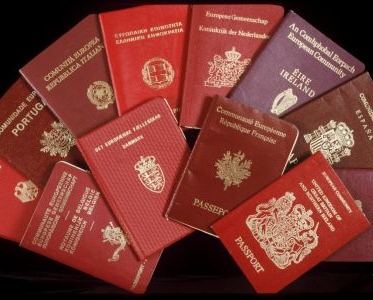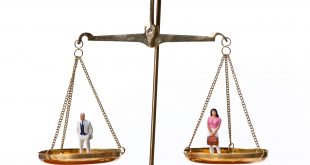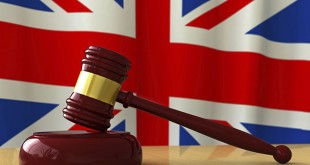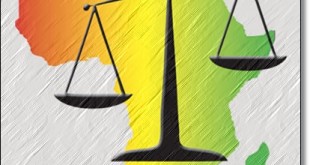There is an old story going around Paris again these days that exposes another abusive example of diplomatic immunity. The story has resurfaced, not surprisingly, because at the core of the alleged event was none other than Hannibal Kadhafi, the son of the infamous Libyan leader Mouammar Kadhafi.
According to eye witnesses a few years back, Kadhafi was allegedly racing down the Champs Elysees at 200 kilometers per hour late one evening and was halted by French Police for speeding. As the officer in charge tried to do his job, not knowing who the driver was of course, and issue Kadhafi a speeding citation, Kadhafi refused to cooperate and began to insult the officer.
As the dispute became more heated Kadhafi lost his temper and had his body guards physically assault the policeman so severely, that the officer ended up in the hospital. Kadhafi was never charged with any crime and the Government kept the alleged attack out of the media citing a threat of broken diplomatic relations between Libya and France as the cause for immunity.
Young Kadhafi was an official guest of France and therefore was protected under diplomatic immunity being that his father was the Head of State for Libya at that time. It is also rumored that Colonel Kadhafi threatened not to do business with France if his son was prosecuted. One must now ask what if that was a “normal citizen”? Wouldn’t he be prosecuted? Most likely yes, so why are diplomats around the world protected? Are they immortals? Absolutely not. So how did this all start? It must have started centuries ago during gruesome wars with huge armies.
Messengers with white flags entering enemy territory safe from attack mainly because of self-interest, if we slaughter their diplomat, they will slaughter ours. Diplomatic immunity isofficially a form of legal immunity, a policy between governments ensuring that diplomats are given safe passage and are considered not susceptible to lawsuit or prosecution under the host country’s laws (although they may be expelled). It was agreed as international modern day law in the Vienna Convention on Diplomatic Relations of 1961 and the Diplomatic

Relations Act of 1978 follows the same principles. In the USA the government has a tendency to be very flexible when granting diplomatic immunity, only because a high number of US diplomats work in host countries with less protective rights. If the US were to severely prosecute a visiting diplomat without sufficient grounds, US diplomats in other countries could receive harsher treatment.
In the USA, if a person with immunity is alleged to have committed a crime, the State Department asks the home country to waive the immunity of the alleged offender so the complaint can go to the courts. If immunity is not waived, prosecution cannot commence. However, the State Department still has the discretion to ask the diplomat to withdraw from his duties. Often, the diplomat’s visas are cancelled and the diplomat and his family may be exiled from the USA. Crimes committed by diplomat family members can also result in being expelled The US has a 24 hour hotline used by authorities to verify the status of any arrested suspect who claims diplomatic immunity. Once his identity as a diplomat is established, he or she must be released.
The most the host country can do is expel him, declaring him persona non grata, or not welcomed. If he remains in the country after being classified PNG then his diplomatic status may be revoked and he may be arrested like us, mere mortals. Violation of the law by diplomats has included everything from selling duty free goods, not paying rent nor traffic violations, espionage, smuggling illegal drugs and weapons, child custody violations, human trafficking and even murder! Despite all this, diplomatic immunity continues to provide a means, albeit imperfect, to safeguard diplomats from any animosity that might surface amongst countries.
As one journalist wrote, “So why do we agree to a system in which we’re dependent on a foreign nation’s whim before we can prosecute a criminal inside our own borders? The practical answer is because we depend on other countries to honor our own diplomats’ immunity just as scrupulously as we honor theirs.” So does that mean a good cop can’t arrest ALL the bad guys?
Robert W. Curley
Consultant in Business Law English
 Le petit juriste Site de la revue d'actualité juridique
Le petit juriste Site de la revue d'actualité juridique





